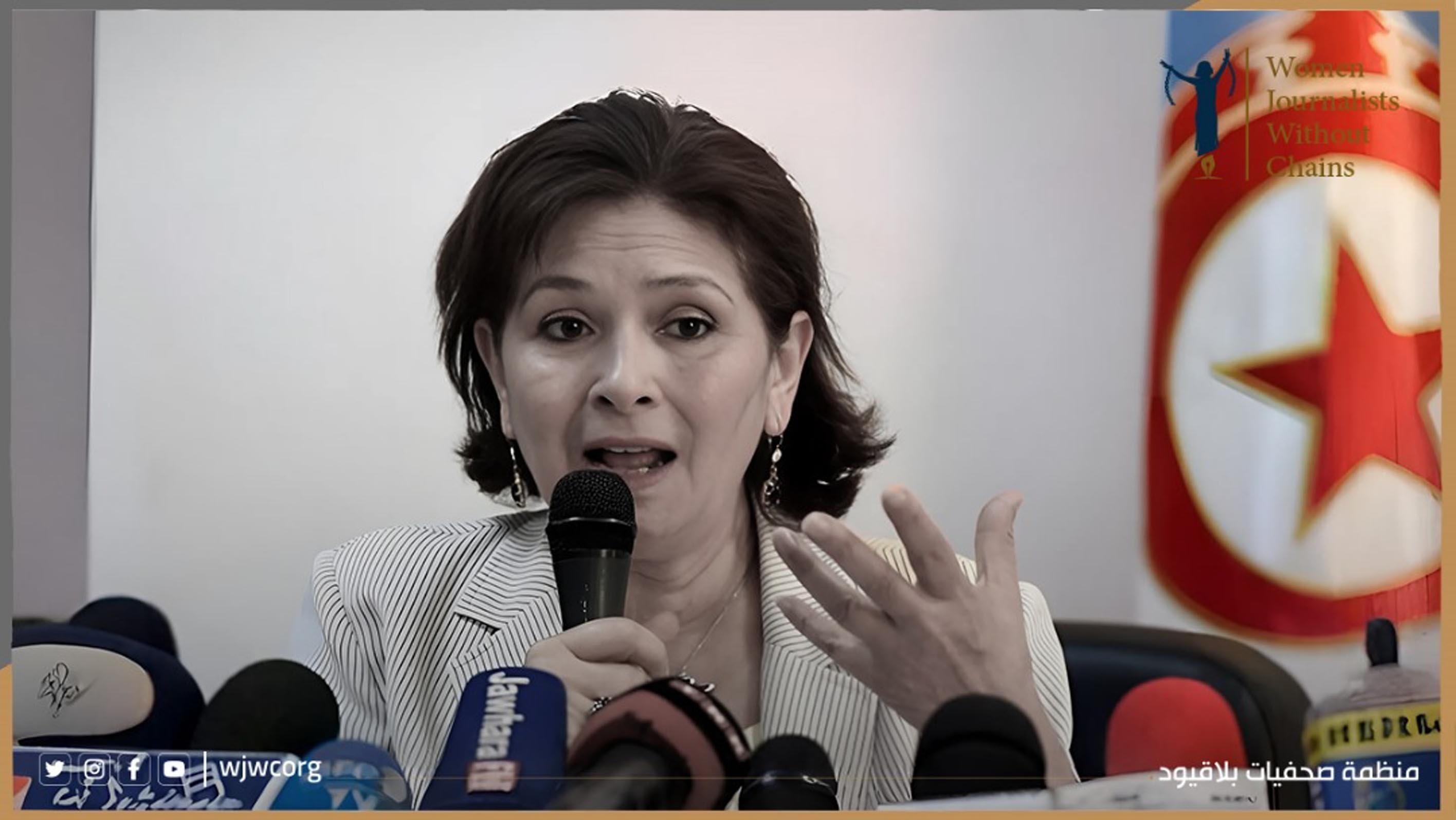Wjwc News

Tunisia’s Crackdown Continues: Bensedrine’s Detention Raises Alarms
Women Journalists Without Chains (WJWC) has strongly condemned the continued detention of prominent human rights activist Sihem Bensedrine, describing it as politically motivated and emblematic of Tunisia’s escalating human rights violations.
Bensedrine, the former president of the “Truth and Dignity Commission,” was arrested in August 2024 and has since launched an open-ended hunger strike to protest her treatment.
The arrest of Bensedrine follows a decision on August 1, 2024, by a Tunisian investigative judge to place her in pretrial detention on charges of “fraud,” “forgery,” and “abuse of official capacity.” These allegations stem from claims that she falsified information in the commission’s report on corruption in the banking sector. Human rights organizations view the charges as a retaliatory measure against Bensedrine for her efforts to expose abuses under former regimes.
According to Amnesty International, Bensedrine’s detention underscores an ongoing campaign to silence dissent. Her work with the Truth and Dignity Commission, which referred 205 cases of serious human rights violations to specialized courts, led to prosecutions of officials from the Ben Ali regime. However, no verdicts have been issued in these cases, raising concerns about judicial independence and the misuse of legal processes to target activists.
Broader Crackdown on Freedoms
Human Rights Watch has reported a marked increase in repression under President Kais Saied’s administration, including the arrest of over 80 individuals in the past year for exercising their rights to freedom of expression. This crackdown has targeted political opponents, journalists, and human rights defenders, signaling a broader erosion of democratic freedoms in Tunisia.
The situation extends beyond political arrests. Civil society organizations and the media have faced intensified restrictions, and migrants and asylum seekers remain vulnerable to severe rights violations. Human Rights Watch’s 2025 report highlighted tragic incidents involving migrant deaths during sea crossings and the harassment of groups providing humanitarian support.
WJWC has urged Tunisian authorities to take several critical actions, including the immediate release of Sihem Bensedrine and all individuals who are arbitrarily detained, ensuring their safety and dignity. The organization also called for the upholding of judicial independence and the guarantee of fair trials that are free from political interference. Furthermore, WJWC emphasized the need to end the repression of civil society and media, advocating for the protection of their ability to operate without fear of intimidation.
In addition to these demands, WJWC has called on the international community to exert pressure on Tunisia to fulfill its human rights obligations. The organization urged for a halt to funding that supports repressive practices and stressed the importance of closely monitoring the deteriorating situation within the country. By taking these steps, WJWC believes that the international community can help foster a more just and open society in Tunisia.
A Worsening Crisis
During President Saied’s tensure, Tunisia has experienced significant declines in economic and social conditions, exacerbating citizens’ struggles to access basic rights. This climate of repression and instability has drawn widespread criticism and underscored the urgent need for accountability and reform.
Women Journalists Without Chains reaffirmed its commitment to defending human rights in Tunisia, vowing to continue exposing violations and supporting efforts to uphold justice and dignity for all.
